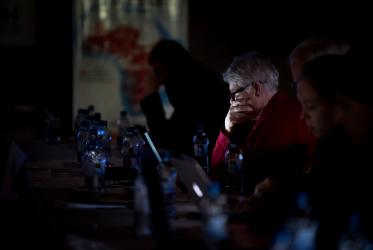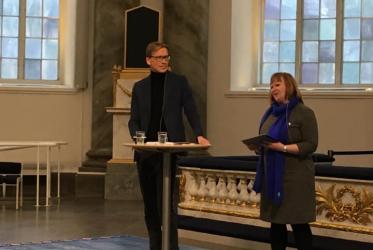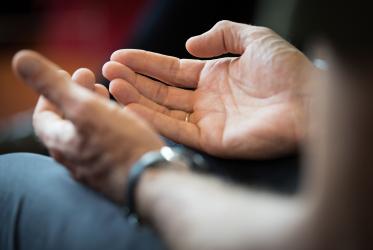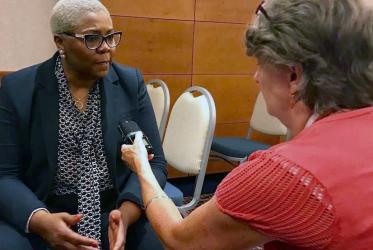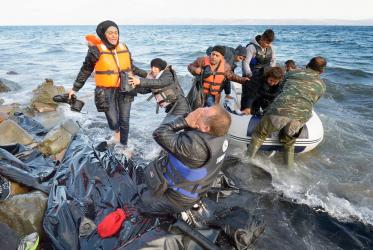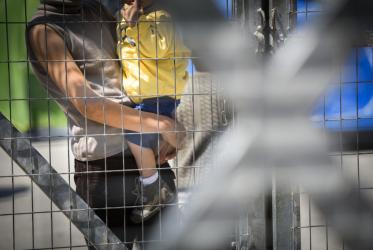Displaying 41 - 60 of 138
A faith-based, holistic approach to HIV and AIDS-care
13 March 2019
On the journey to HIV – bridging gaps, debunking myths
21 February 2019
Ecumenism is a sense of belonging
08 February 2019
WCC Executive Committee envisions future for one ecumenical movement
08 November 2018
How can you help refugees?
11 October 2018
Romani people seek “lives of decency, dignity, and justice”
27 September 2018
Rev. Traci Blackmon: people of faith must not be silent
21 September 2018
Rev. Kenneth Mtata reflects on journey of transition in Zimbabwe
20 September 2018
Pope Francis dialogs with Christian leaders on combating racism
20 September 2018
Catholic official: we must walk and pray together with vulnerable people
19 September 2018
World conference on xenophobia, racism, and populist nationalism in the context of global migration
18 - 20 September 2018
Ergife Palace Hotel, via Aurelia 619, Rome, Italy


